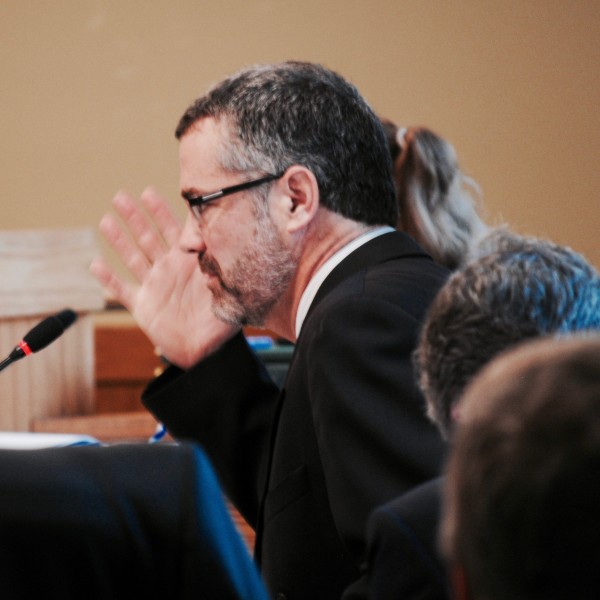
On the second day of the RI Public Utilities Commission (RIPUC)’s evidentiary hearing concerning Invenergy‘s proposed $700 million fracked gas and diesel oil burning power plant, to be located in Burrillville, Jerry Elmer of the Conservation Law Foundation (CLF) presented his witnesses who argued that the power plant is not needed and that it’s effect on ratepayers would be negligible.
The CLF’s case is one of nuance, and much depends on the views of Commissioner Herbert DeSimone Jr. DeSimone is the one commissioner on the PUC board that did not recuse themself, and the one commissioner who will write the RIPUC’s advisory opinion to the Energy Facilities Siting Board (EFSB), the body ultimately responsible for deciding on the plant. Invenergy is making the case that since the proposed plant has already sold half its capacity in an energy futures market run by ISO-NE, the plant is by definition needed. This is the default position not only of Invenergy, but also of the RI Office of Energy Resources (OER) and the RIPUC, if the questioning from their attorneys at the hearing are any indication.

The CLF is maintaining that what ISO-NE did was purchase extra power, and if Invenergy’s plant is taken out, there will still be more than enough electricity on the grid to power all of New England. Also, going forward, as more and more renewables come on line, the need for the plant will go down, not increase. Unfortunately, ISO-NE is somewhat of a black box. Though they publish thousands of pages on how their energy auctions are run, figuring out why one plant’s energy was purchased and another was not is virtually impossible, and no one from ISO-NE was at the hearing to answer questions.
As for ratepayer savings, on the first day of the hearing Invenergy’s attorney Alan Shoer called his witnesses and made his case that the savings to ratepayers would be significant. On the stand, John Niland, director of development for Invenergy admitted that the $280 million number he gave to Burrillville residents earlier in the year was false, and that he knew it was false when he presented it. The true number was closer to $36 million in rate payer savings.
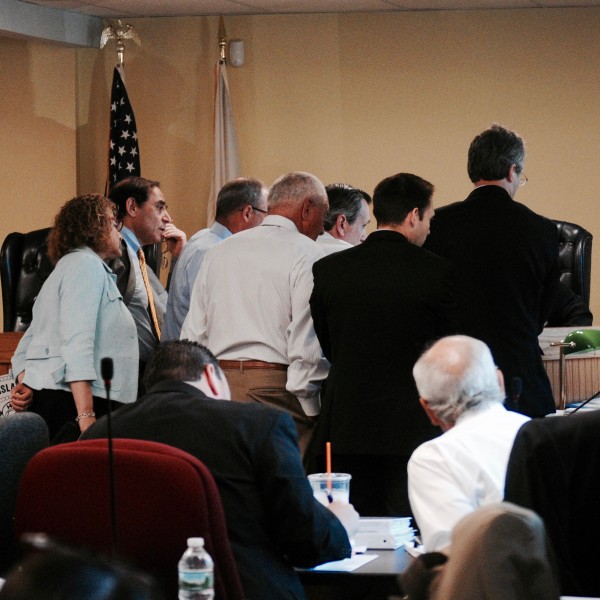
The CLF’s witness, Christopher Stix, also ruled out the $280 million number, saying it took him one week after the ISO-NE auction results were published to perform his calculations that the actual savings ranged from between zero and $36 million. John Niland testified that Invenergy did not know this number when he falsely gave the $280 million figure to the audience in Burrillville seven weeks after the auction published its results.
It is up to DeSimone to decide whether or not a savings of between zero and $36 million to rate payers is worth the additional pollution, the despoilment of Burrillville’s pristine habitats and the continued dependency on fracked gas for our energy needs in New England for decades to come. It is worth noting that $280 million was a number too big to ignore, from an economic standpoint, where as zero to $36 million (which is a bell curve, the actual number may be closer to $20 million) is not nearly as tantalizing.
The CLF’s first witness, Robert Fagan, testified for a marathon five hours.
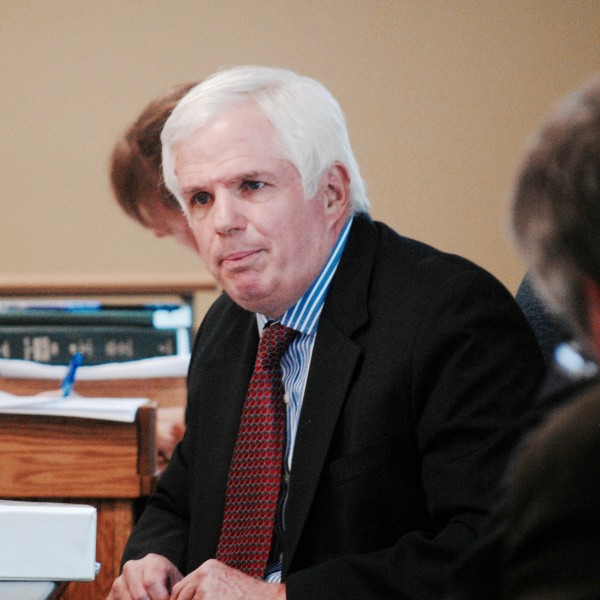
“We know now is that the Invenergy plant is not needed for electrical needs in New England,” said Fagan, and under cross examination he did not falter.
Getting through Fagan’s testimony required defining a host of terms and acronyms. ICR, LOLE, NERC, sloping versus vertical demand curves etc. were defined and discussed. It was very technical, but it served two functions. One, it established Fagan’s expertise, something Invenergy tried to call into question in pre-filed testimony, and two, it helped prove Fagan’s case that the proposed power plant was not necessary.
Though high-powered attorneys Alan Shoer and Jerry Elmer set the tone for the meeting, it’s most likely that RIPUC attorney Cynthia Wilson-Frias will have the most impact on Commissioner DeSimone’s advisory opinion, given that she will likely help author it and DeSimone can be expected to lean heavily on RIPUC’s in house legal expertise. Wilson-Frias asked pointed questions about the fact that Invenergy already sold some of its expected output to ISO-NE. She indicated that since the energy sold, it is by definition needed. Fagan countered this logic well, his entire testimony was in fact a rebuttal of sorts to this idea, so it comes down to how much weight Wilson-Frias gives Fagan’s views versus the more mainstream “free” market ideas favored by Invenergy.
The last day of the hearing is today, and unfortunately I will not be in attendance. I hope to get an update from Jerry Elmer after the hearing.
You can view the entire days proceedings below:



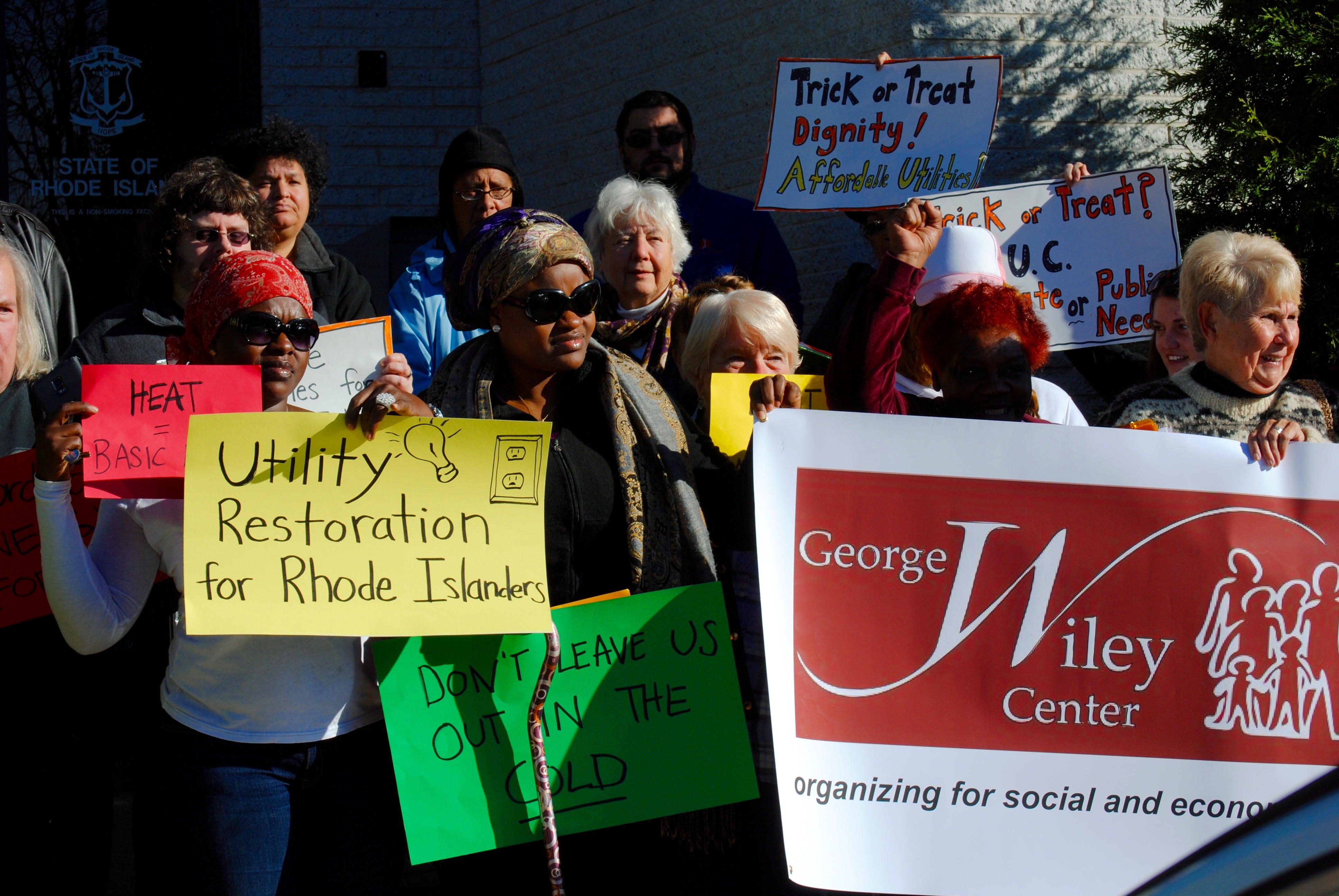
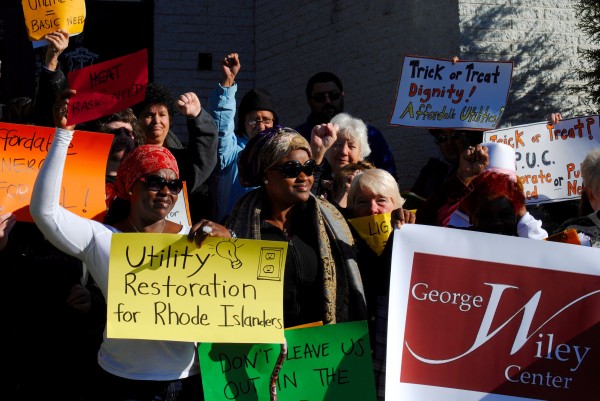 The Rhode Island Public Utilities Commission (RIPUC) today adopted “emergency regulations” designed to make it easier for those who have fallen behind on their payments to National Grid to restore power and heat to their homes. Margaret E Curran, chair of the board, lead fellow commissioners Paul J Roberti and Herbert F DeSimone Jr in an unanimous vote to allow people to get their power restored for a 15 percent payment of the total owed upfront plus the adoption of a regular payment plan. Currently that number can be 50 percent or higher.
The Rhode Island Public Utilities Commission (RIPUC) today adopted “emergency regulations” designed to make it easier for those who have fallen behind on their payments to National Grid to restore power and heat to their homes. Margaret E Curran, chair of the board, lead fellow commissioners Paul J Roberti and Herbert F DeSimone Jr in an unanimous vote to allow people to get their power restored for a 15 percent payment of the total owed upfront plus the adoption of a regular payment plan. Currently that number can be 50 percent or higher.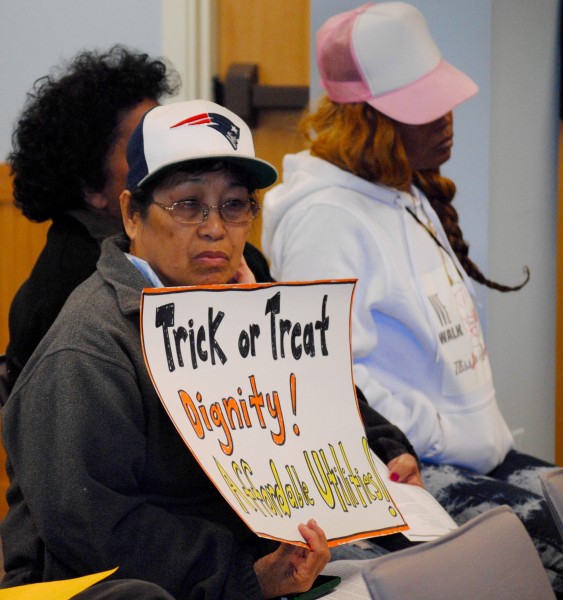 The
The  Over thirty people attended today’s RIPUC meeting a good crowd considering the last minute change in date and time of the meeting. Had the board met when originally planned, people would be that much closer to having their power restored. Though the board’s ruling came as a relief to many, to some it will have little effect. Anna told me that she has spent money she might have used to reinstate her gas heat to purchase electric space heaters. In order to have the money back on her debit card in time, she will have to return the space heaters today, wait for the money to be back on her card early next week, and make her payment then. This means that she and her children will be in a house with no heat all weekend.
Over thirty people attended today’s RIPUC meeting a good crowd considering the last minute change in date and time of the meeting. Had the board met when originally planned, people would be that much closer to having their power restored. Though the board’s ruling came as a relief to many, to some it will have little effect. Anna told me that she has spent money she might have used to reinstate her gas heat to purchase electric space heaters. In order to have the money back on her debit card in time, she will have to return the space heaters today, wait for the money to be back on her card early next week, and make her payment then. This means that she and her children will be in a house with no heat all weekend.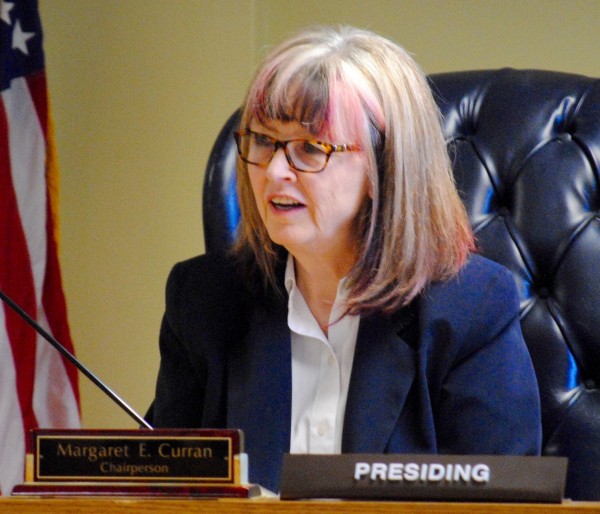
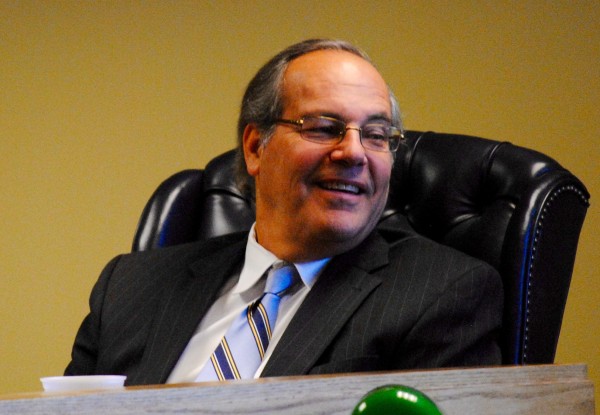
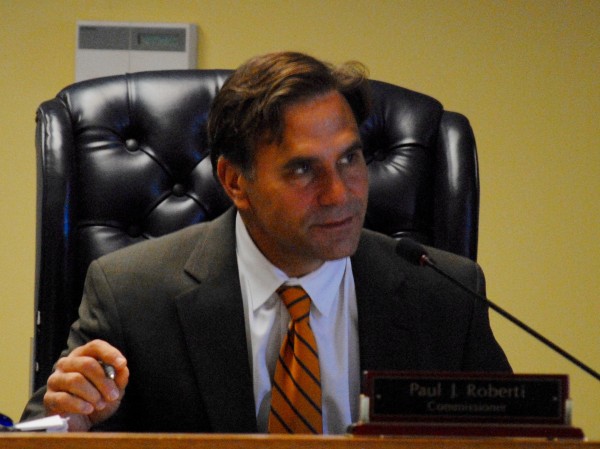
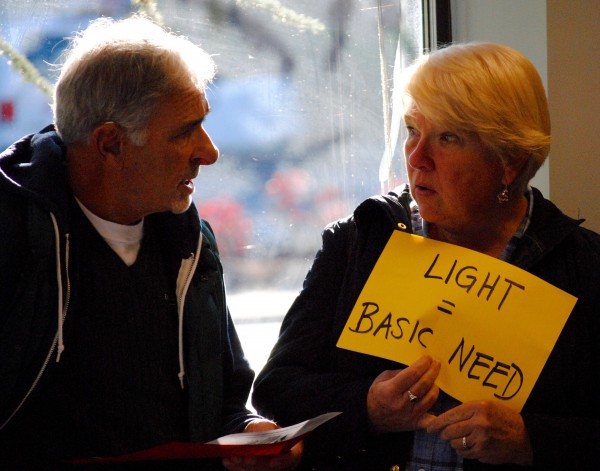
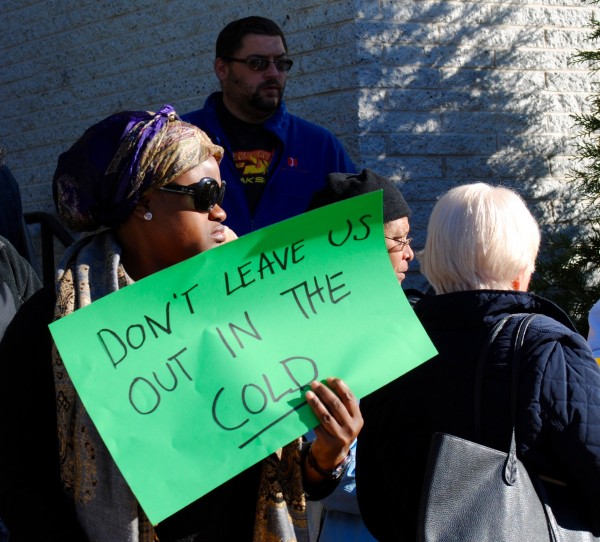
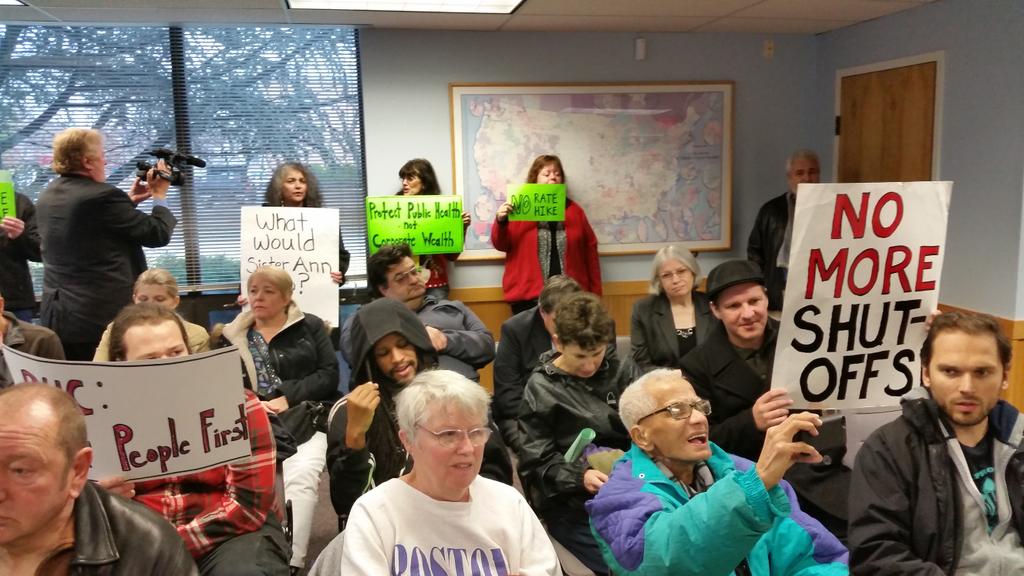
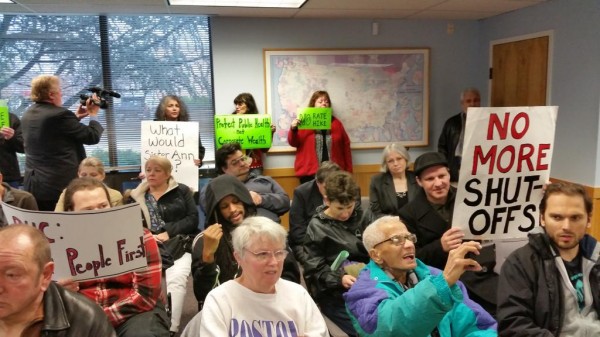 The Rhode Island Public Utilities Commission (PUC) today decided to not grant National Grid the nearly 25% price increase it asked for, but instead approved a 14% increase that will allow National Grid to come back in the Summer to ask for more money. The decision was met with anger and outrage by the over
The Rhode Island Public Utilities Commission (PUC) today decided to not grant National Grid the nearly 25% price increase it asked for, but instead approved a 14% increase that will allow National Grid to come back in the Summer to ask for more money. The decision was met with anger and outrage by the over